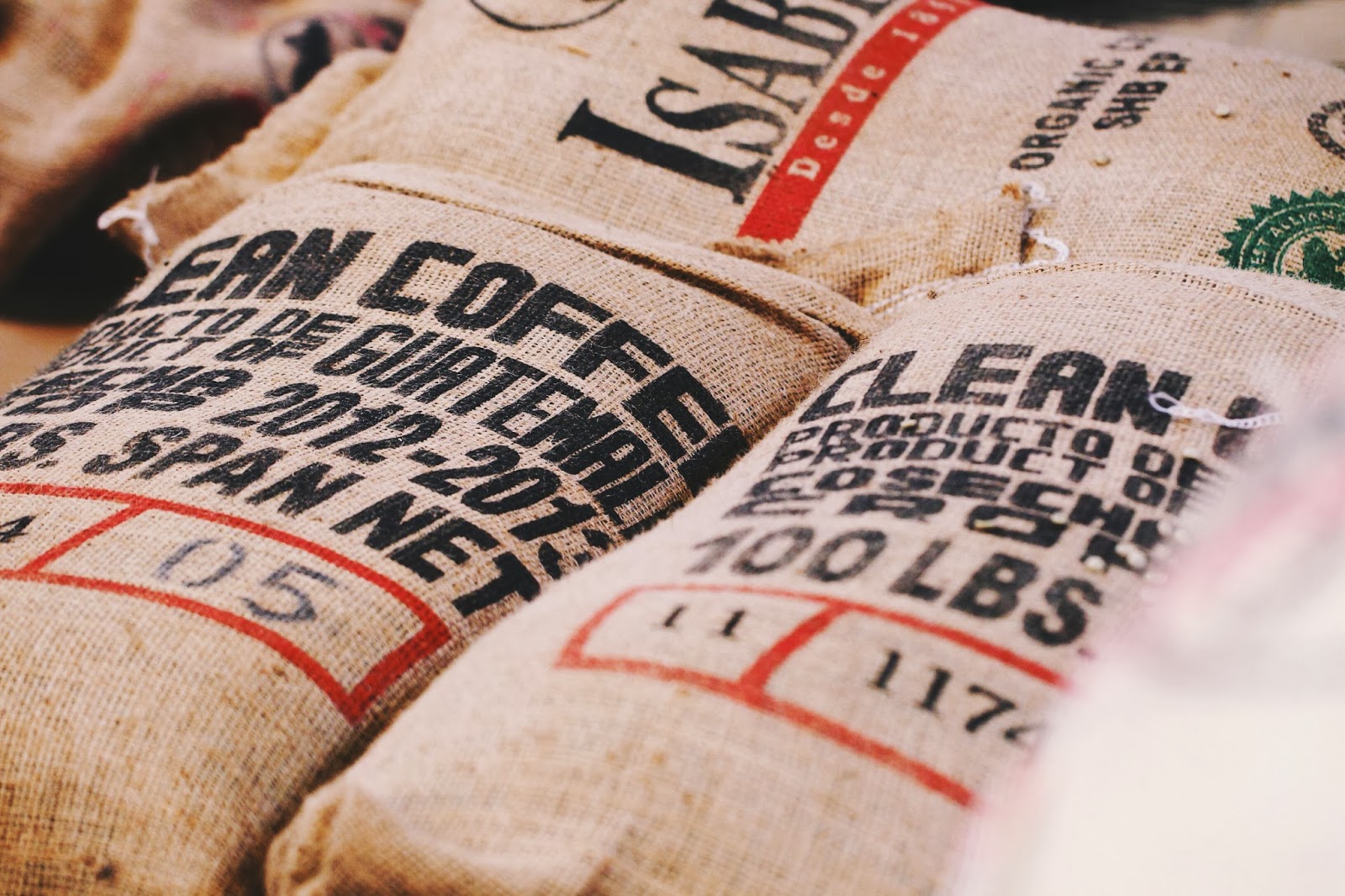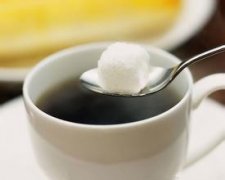Coffee and healthy people drink the right amount of coffee

Most studies on coffee and health show that healthy people who drink the right amount of coffee are harmless to their health. On the contrary, it is beneficial to the human body in many ways. For example, coffee can stimulate athletes to create better results, the moderate stimulation it causes can relieve work pressure, and it can be used to refresh themselves when preparing homework.
An appropriate amount of caffeine can stimulate the cerebral cortex, promote sensation and memory, activate the function of the mind, dilate blood vessels, promote blood circulation, and improve the efficiency of metabolism. Caffeine can also reduce muscle fatigue and promote digestive juice secretion. In addition, caffeine also has the function of diuresis. However, excessive caffeine can cause restlessness, rapid heartbeat, rising blood pressure, headaches, insomnia, and in the long run, it may also affect the normal function of the nervous system, resulting in side effects such as slow response and memory loss. Just the right amount at the right time is the right way to coffee. It is worth noting that the taste of coffee is not directly related to how much caffeine it contains. The amount of caffeine depends on the concentration of coffee and the type of coffee used when mixing.
Recover from fatigue and have a flexible mind. Caffeine can be exciting, because caffeine can stimulate the central nervous system and muscles, can eliminate muscle fatigue, improve work efficiency, have a sober effect, and make the mind more lively and sensitive.
To prevent cancer. Drinking a lot of coffee can reduce the risk of bowel or rectal cancer, and people who drink at least five cups of coffee a day are 4% less likely to develop colon cancer than those who don't drink coffee.
Help digestion and prevent gastroptosis. Coffee has the effect of helping digestion, especially when eating too much meat, gastric juice secretes too much, which promotes digestion and decomposition of fat. After eating high-calorie food, Westerners must hope to have a cup of coffee. However, this is not applicable to patients with stomach disease, people with inflammation of digestive organs, such as gastritis, gastric ulcer, duodenal ulcer, etc., the tannins in coffee will stimulate these affected areas, especially hot coffee is not good.
Break down fat and control weight. Caffeine helps control weight because it increases the rate at which the body burns calories. The more caffeine is absorbed, the greater the increase in metabolism. If you also exercise at the same time, the heat will be consumed faster.
Get rid of bad breath. Caffeine has the effect of eliminating garlic flavor, so coffee is an indispensable drink after tasting garlic cuisine.
Promote blood circulation. Coffee can improve heart function, moderate dilation of blood vessels, good blood circulation, calm headache and mental well-being.
Quick defecation. Coffee is a rapid laxative, which may be caused by stimulating gastrointestinal hormones or peristaltic hormones, but its laxative effect is only effective when drinking it in the morning and is not effective at other times.
For migraines. Coffee is also a good product to stop migraine, but drinking coffee to treat migraine, it is best to drink it immediately, because it does not take effect until 10-30 minutes after drinking.
Suppress asthma. Coffee stimulates the sympathetic nerve and can inhibit the asthma caused by the excitement of the parasympathetic nerve.
It helps to sober up. Caffeine can promote the function of the liver and kidneys, so drinking coffee after drinking alcohol can promote the acidification of acetaldehyde changed into alcohol and decompose into sulfur dioxide and water, which helps to sober up.
Reduce cholesterol. Caffeine can stimulate gallbladder contraction and reduce gallbladder content, which is easy to form gallstone cholesterol.
Pregnant women should drink carefully. Caffeine can affect the nutrition and oxygen intake of the fetus, so pregnant women had better not drink caffeinated drinks. During lactation, if you drink coffee, caffeine and other irritants will enter the baby's body through breast milk, which will have a negative impact on the baby's growth and development, so do not drink coffee three months after delivery.
Important Notice :
前街咖啡 FrontStreet Coffee has moved to new addredd:
FrontStreet Coffee Address: 315,Donghua East Road,GuangZhou
Tel:020 38364473
- Prev

The most expensive coffee in the world, Indonesian Kopi Luwak.
A 20-gram Kopi Luwak costs 380 yuan, making it the world's most expensive coffee, a civet living on some islands of Indonesia, and a major supplier of Kopi Luwak (file photo) do you know where the world's most expensive coffee comes from? The answer is Indonesia. What is even more peculiar is that the raw material of this kind of coffee comes from cat droppings! In Indonesia at the World Expo
- Next

Coffee culture first spread to Japan during the Genroku period.
Coffee was first introduced to Japan during the Genroku period in Nagasaki. And people officially accepted it from the Meiji era. Let's take a look at the history of coffee in Japan! At first, the Japanese were not used to coffee houses in Western Europe. When coffee culture began to open one after another, literature and art were in full bloom, and Japan was in the midst of the strict state of affairs of the Edo period
Related
- Beginners will see the "Coffee pull flower" guide!
- What is the difference between ice blog purified milk and ordinary milk coffee?
- Why is the Philippines the largest producer of crops in Liberia?
- For coffee extraction, should the fine powder be retained?
- How does extracted espresso fill pressed powder? How much strength does it take to press the powder?
- How to make jasmine cold extract coffee? Is the jasmine + latte good?
- Will this little toy really make the coffee taste better? How does Lily Drip affect coffee extraction?
- Will the action of slapping the filter cup also affect coffee extraction?
- What's the difference between powder-to-water ratio and powder-to-liquid ratio?
- What is the Ethiopian local species? What does it have to do with Heirloom native species?

